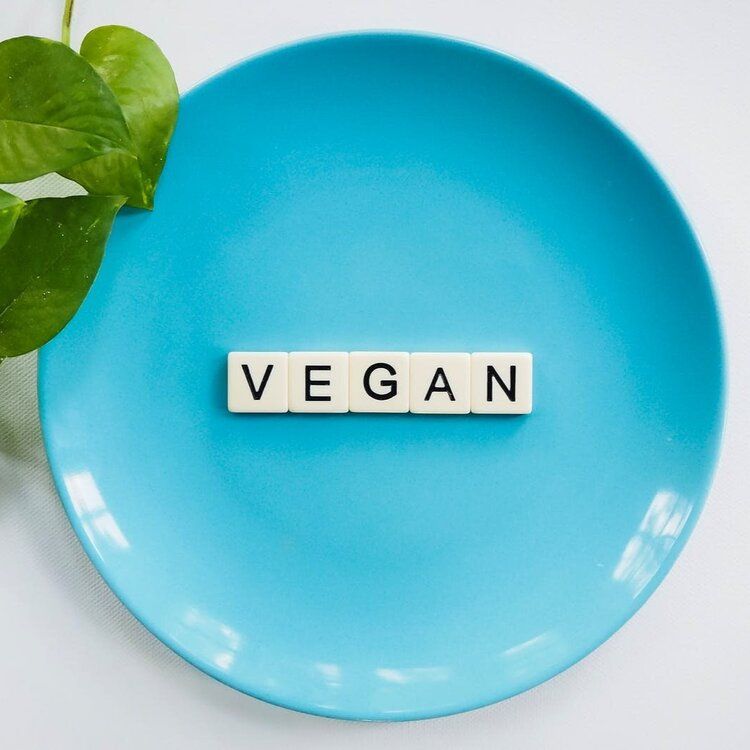What is veganism?
Vegans chose not to consume dairy, eggs, or any other products of animal origin, in addition to refraining from meat. Whereas vegetarians avoid meat but will eat the rest.
Avoiding animal products doesn’t restrict you to just eating vegetables and water which is stereotypically what many people believe.
In fact, many common dishes are already vegan or can be adjusted easily. Some examples include veggie burgers, tomato pizzas, smoothies, sandwiches, and pasta dishes. But, the nutrients you consume from a vegan diet such as the “impossible burger” or Gregg’s famous vegan sausage role are often highly processed, full of fillers and full of hidden sugars.

Why are more people becoming vegan?
Veganism is increasingly fashionable due to the massive influence of social media which has led to an increase of over 300% in veganism in the UK alone during the last decade. People are being brainwashed by the vested interests (profit!) of the food industry via the media with a deliberate policy of confusing consumers about the fundamentals of nutrition and health. If you find this hard to believe then remember how, 50 years ago, the tobacco industry promoted smoking as healthy!
Not only are people persuaded to follow celebrities, they are also lead to believe being vegan will help save the planet by reducing carbon emissions not to mention saving animals from slaughter and mistreatment. But, products like avocados are having to be flown in from America, which also contributes to global warming. Equally, while it is true that choosing palm oil over butter (to save the cows) may have an impact on animal cruelty, it can also result in deforestation.
So, overall being vegan may not help either your health or the planet as much as you might imagine.
Is a Vegan diet healthy?
By eliminating food groups from your diet, you are at risk of missing out on vital nutrients. By avoiding animal and dairy products, a vegan diet is at risk of being low in calcium, vitamin D, iron, vitamin B12, zinc and omega-3 fatty acids. Therefore, if you follow a vegan diet it is essential that you get enough of these nutrients through specific vegan food sources, and even then you are likely to need additional supplements.
Many people see the word “vegan” on the label and assume it must automatically be healthy, but they couldn’t be more wrong. Even if it’s vegan, it’s just as important to look at the ingredients list and the nutrition information to see how much fat, sugar and protein something contains.
There is a widespread belief that veganism will save you from Type 2 diabetes however the reality is far different. Take Tofu for example. As a recommended replacement for animal meat, 100 grams of Tofu contains 2.7 grams of sugar. In contrast to chicken which contains precisely ZERO grams of sugar. This is but one of many examples that illustrate that vegan food can be highly processed and high in sugar. To be clear, some vegan diets can be incredibly healthy, however, plenty of research, a thorough understanding and good preparation are all imperative otherwise the risk of diabetes risk is the same or even higher.
So, if you’re thinking about becoming Vegan please make sure you do your research thoroughly before committing yourself to such an extreme diet and to ensure you really are living a healthy lifestyle.
We can help you choose and plan how to live a healthy lifestyle. With our free 15-minute consultation with our founder Graham Phillips, we can help find what works best for you.





